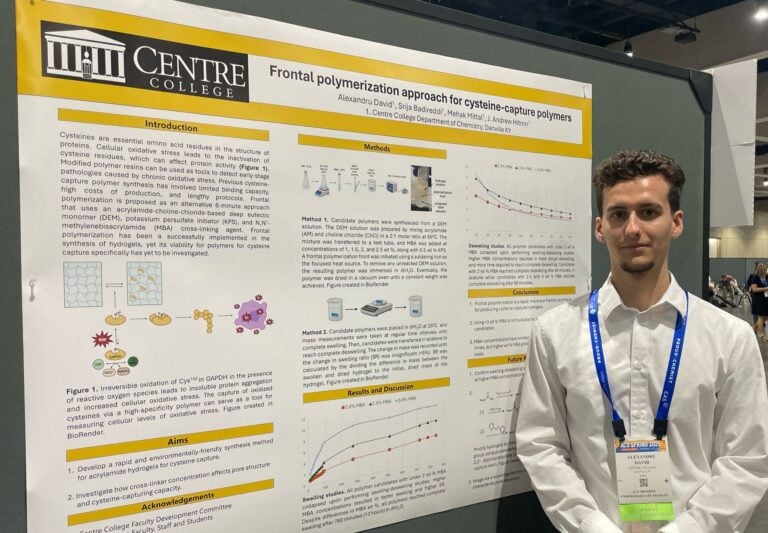Reading the news stories about the anniversary of Kentucky’s abortion ban calls to mind, for many of us, the wide gulf between the rhetoric coming at us from both ends of the public opinion spectrum and the non-ideological ideas we usually hear in our casual conversations with our friends and neighbors.
Some activists like to characterize those who do not accept their ideologies as the “mushy middle.” That’s definitely not what I believe, though. What I believe I’m hearing is a practical and substantial public consensus in the middle that we ought not lightly dismiss.
Many times, over the last few decades, I’ve thought that Kentuckians could possibly resolve their differences on abortion rights and then move on the economic and environmental issues, if only, we could apply Quaker sensibilities as communities and as a Commonwealth.

For those not familiar with Quakers (aka the Religious Society of Friends), I’d describe Quaker sensibilities as our willingness and intent on listening carefully. Together, let’s listen to that of God within us, to the lessons of our history, to our communities, to other individuals, and to our hopes for a “beloved community.”
By the way, contemporary Quakers are not much like the picture you see on the “Quaker Qats” box. That image goes back three hundred years. History and our personal experiences change with successive generations, as we know. What endures for Quakers is our steadfast commitment to the characteristics of human compassion, such as these.
One of these characteristics is perfectionism. Historically, Quakers have believed that perfection is a realistic goal in life. Some have termed this goal “salvation by character.” Other denominations are sometimes criticized for over-emphasizing salvation in Heaven. By contrast, contemporary Quakers want to bring salvation into the here and now.
Our refusal to participate in war is one example of our commitment to perfection.
Another Quaker characteristic is experimentalism. First-hand experience is said by Quakers to be the most authentic source of religion. This means that perfection cannot be accomplished just by studying and praying. You have to “practice what you preach” as the old cliché goes. There is a sense among Quakers that perfection and progress towards perfection happens by building new on top of old foundations. Old ideas are not rejected so much as they are improved by our actual experiences.
This perception came to Quakers centuries ago and before Darwin developed Evolution theory. Today we know it as evolutionary change, as contrasted with revolutionary change. The first kind of change is believed to be peaceable while the second kind seems too often to resort to violence.
Yet another characteristic is our commitment to continuing revelation obtained by waiting worship, tempered by consensus, and put into practice. Quakers hope to develop practices intended to transform knowledge, whether revealed, discerned, or learned, into actions which would, in turn, further the aims of knowledge. For example, Quaker organizations typically write down their principles and practices and update them periodically.
Contemporary Quakers see these three human characteristics reflected in modern scientific methodology as hypothesis, experimentation, and the development of scientific theory. Many believe the relationship between Quakerism and science is symbiotic, each drawing insights from other.
As for abortion rights in our own time, I think that around sixty percent of Kentuckians perceive that the activists on both sides of the abortion rights issue are just talking. They’re not listening. That’s a big problem for the Quakers, I know, because listening is considered an essential practice of our faith.
If the activists were indeed listening to others, they might respond to the concerns of around sixty percent of Kentuckians about the possibility that human life might begin many months after conception but still weeks before delivery.
What Science tells us about that particular point in pregnancy is that a complex human organism has developed. This matters to us, Kentuckians and Quakers, because we know that complex human organisms are unique and the highest form of the organisms in nature as far as we know so far.
It seems to me the activists prefer the term “personhood” because they think it’s a better rhetorical devise for their respective causes. They never mention the complex human organisms that Science understands well.
Maybe we ought to reflect also on what Europeans believe. Bear in mind their frame of reference is their liberal societal values, not traditional dogmas. Most of their laws embrace what Science knows about organisms.
My feeling is around sixty percent of Kentuckians would find what most Europeans believe to be acceptable for Kentucky as well.
Tom Louderback is a community volunteer, retiree, and member of the Louisville Friends Meeting. There are his personal opinions.


















Yet science very specifically tells us that new Human DNA is present at conception. A completely new person exists at that time and no one has the “right” to end that innocent human life.
“The other side” cannot specifically nor generally agree upon (much less describe) the beginning of human life. Before we, as a society, can decide to end a life, we should be able to know when a human life exists.